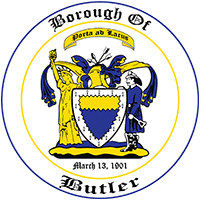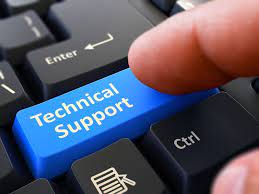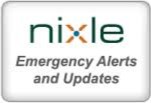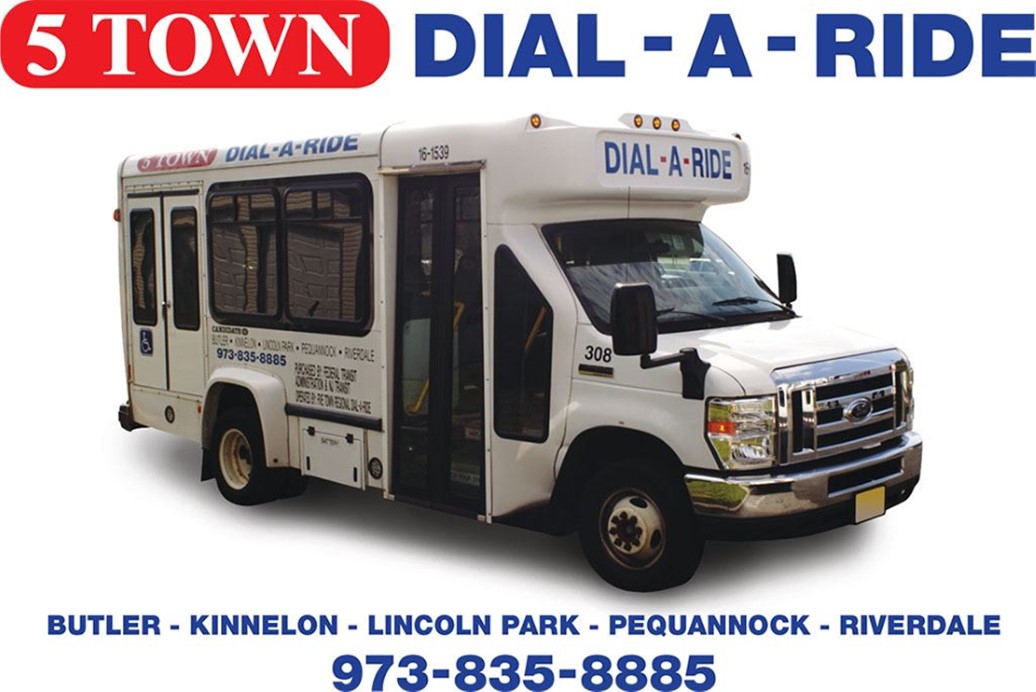Stormwater Management

Stormwater Management Information
What is Nonpoint Source Pollution?
Nonpoint Source Pollution, or people pollution, is a contamination of our ground water, waterways, and ocean that results from everyday activities such as fertilizing the lawn, walking pets, changing motor oil and littering. With each rainfall, pollutants generated by these activities are washed into storm drains that flow into our waterways and ocean. They also can soak into the ground contaminating the ground water below.
Each one of us, whether we know it or not, contributes to nonpoint source pollution through our daily activities. As a result, nonpoint source pollution is the BIGGEST threat to many of our ponds, creeks, lakes, wells, streams, rivers and bays, our ground water and the ocean.
The collective impact of nonpoint source pollution threatens aquatic and marine life, recreational water activities, the fishing industry, tourism and our precious drinking water resources. Ultimately, the cost becomes the burden of every New Jersey resident.
But there's good news - in our everyday activities we can stop nonpoint source pollution and keep our environment clean. Simple changes in YOUR daily lifestyle can make a tremendous difference in the quality of New Jersey's water resources. Here are just a few ways you can reduce nonpoint source pollution.
LITTER: Place litter, including cigarette butts and fast food containers, in trash receptacles. Never throw litter in streets or down storm drains. Recycle as much as possible.
FERTILIZERS: Fertilizers contain nitrates and phosphates that, in abundance, cause blooms of algae that can lead to fish kills. Avoid the overuse of fertilizers and do not apply them before a heavy rainfall.
PESTICIDES: Many household products made to exterminate pests also are toxic to humans, animals, aquatic organisms and plants. Use alternatives whenever possible. If you do use a pesticide, follow the label directions carefully.
HOUSEHOLD HAZARDOUS PRODUCTS: Many common household products (paint thinners, moth balls, drain and oven cleaners, to name a few) contain toxic ingredients. When improperly used or discarded, these products are a threat to public health and the environment. Do not discard with the regular household trash. Use natural and less toxic alternatives whenever possible. Contact your County Solid Waste Management Office for information regarding household hazardous waste collection in your area.
MOTOR OIL: Used motor oil contains toxic chemicals that are harmful to animals, humans and fish. Do not dump used motor oil down storm drains or on the ground. Recycle all used motor oil by taking it to a local public or private recycling center.
CAR WASHING: Wash your car only when necessary. Consider using a commercial car wash that recycles its wash water. Like fertilizers, many car detergents contain phosphate. If you wash your car at home, use a non-phosphate detergent.
PET WASTE: Animal wastes contain bacteria and viruses that can contaminate shellfish and cause the closing of bathing beaches. Pet owners should use newspaper, bags or scoopers to pick up after pets and dispose of wastes in the garbage or toilet.
SEPTIC SYSTEMS: An improperly working septic system can contaminate ground water and create public health problems. Avoid adding unnecessary grease, household hazardous products and solids to your septic system. Inspect your tank annually and pump it out every three to five years depending on its use.
BOAT DISCHARGES: Dumping boat sewage overboard introduces bacteria and viruses into the water. Boat owners should always use marine sanitation devices and pump-out facilities at marinas.
As you can see, these suggestions are simple and easy to apply to your daily lifestyle. Making your commitment to change at least one habit can result in benefits that will be shared by all of us and add to the health and beauty of New Jersey's water resources.
For additional information see the NJDEP Clean Water Book: http://www.nj.gov/dep/watershedrestoration/waterbook_tble.html
CURRENT MUNICIPAL DOCUMENTS
Stormwater Pollution Prevention Plan
Municipal Stormwater Management Plan
Stormwater Control Ordinance (updated in 2024)
Letter of Approval from Morris County for 2024 Update
Pet Waste and Wildlife Feeding Ordinance
Improper Disposal of Waste Ordinance
Containerized Yard Waste Ordinance
Private Storm Drain Inlet Retrofitting
Private Salt Storage Ordinance
Additional Sources of Stormwater Management Information:
NJDEP Clean Water New Jersey
http://www.cleanwaternj.org/index.htm
NJDEP Stormwater Website
http://www.state.nj.us/dep/stormwater/
Watershed Organizations in New Jersey
http://njwrri.rutgers.edu/watershed_orgs.htm
Municipal Stormwater Regulation Program Status Summary 2004-2008
http://www.state.nj.us/dep/dwq/pdf/msrp_summary_report_2008.pdf
Solutions to Stormwater Pollution
http://www.state.nj.us/dep/dwq/highway/pdf/StormwaterBrochure.pdf
Pet Waste Pollutes our Waters - Information Brochure
http://www.state.nj.us/dep/dwq/highway/pdf/Petwaste.pdf

 Butler Employee Login
Butler Employee Login


